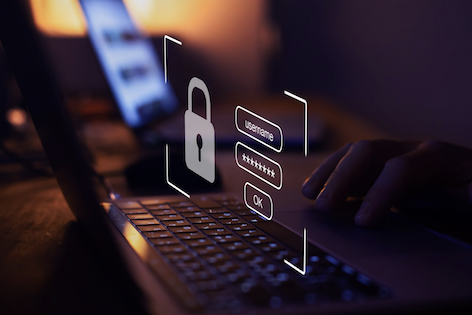
A CONSUMER advocacy group calls on lawmakers to hasten deliberations on the long-delayed Site Blocking Bill which is still pending in the Senate and ratify it before the election season heats up.
The measure aims to amend Republic Act No. 8293, also known as the Intellectual Property Code. It seeks to protect the country’s creative industries from online piracy and bolster cybersecurity by allowing authorities to block websites that violate intellectual property rights.
Lawyer Kit Belmonte, former legislator and co-convenor of CitizenWatch Philippines, underscored the need to pass the bill.
“This bill is not only about protecting intellectual property; it’s about safeguarding the livelihoods of millions of Filipinos in the creative industry, from filmmakers and musicians to small content creators who suffer due to unchecked piracy,” said Belmonte.
“We have been supporting the enactment of the Site Blocking Bill together with IPOPHL, the creative industry stakeholders and telecommunications sectors for over five years now. We hope the Senate will finally push this forward into an empowering law that will address the rampant online piracy in the Philippines,” he added.
Belmonte highlighted how the digital landscape evolves rapidly, outpacing existing laws and leaving creators increasingly vulnerable to piracy.
The Senate Committee on Trade, Commerce, and Entrepreneurship led by Senator Mark Villar recently held its first public hearing on the proposed amendments to RA No. 8293, , including site-blocking provisions.
Villar pointed out that 60 percent of Filipinos are estimated to engage in watching pirated content, resulting in significant financial losses for both creators and the government.
He reiterated the need to update the law to enable effective site-blocking measures, which would protect the intellectual property of Filipino creators and address the broader economic damage caused by piracy.
Data presented during the hearing by the Asia Video Industry Association showed that Filipino consumers visiting piracy websites are 21 times more likely to encounter malware compared to legitimate sites.
Belmonte stressed that this is not just an economic issue, but also a matter of cybersecurity.
“Every day we delay, more Filipinos are exposed to cyber risks like malware, identity theft, and online scams. The dangers are immediate, and this bill is a vital step in protecting both our creative industry and the digital security of our people,” he said.
A 2024 YouGov survey showed that more Filipinos are aware of the harm piracy causes.
Half of the respondents believed piracy leads to the exploitation of creative work without fair compensation, and many recognized its role in job losses within the creative sector. Despite this awareness, access to illegal content remains widespread due to a lack of legal deterrents.
Belmonte noted that while voluntary agreements with internet service providers like Globe and PLDT to block piracy sites are helpful, legal enforcement through the Site Blocking Bill would provide legal basis to quickly and pro-actively block online piracy sites.
The rise of digital platforms has made it easier than ever to access pirated content, putting tremendous strain on creative industries. Atty. Belmonte noted that piracy sites not only deprive creators of their rightful earnings but also expose users to significant risks. Research shows that over 52% of ads on piracy sites are high-risk, often leading to malware or scams.
“The link between piracy and cybercrime is undeniable. By continuing to allow this, we are putting millions of Filipinos at risk every day,” Belmonte warned.
CitizenWatch Philippines, alongside various industry stakeholders, urges lawmakers to prioritize the bill’s passage before the budget season diverts attention from this critical issue.
“We are at a tipping point,” said Atty. Belmonte. “This bill has been delayed long enough. It’s time to protect our creative industries and ensure the digital safety of every Filipino,” the group said.
“The Senate now has the opportunity to lead in safeguarding the future of our creative economy and the security of our citizens in the digital space. The cost of inaction is both an economic loss and cybersecurity risk that needs urgent action,” Belmonte asserted.


Be the first to comment